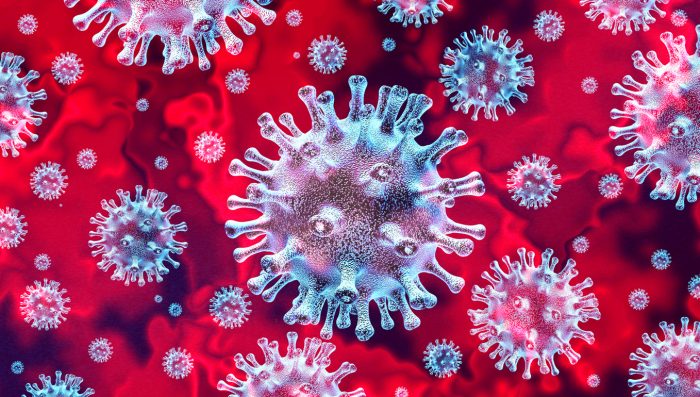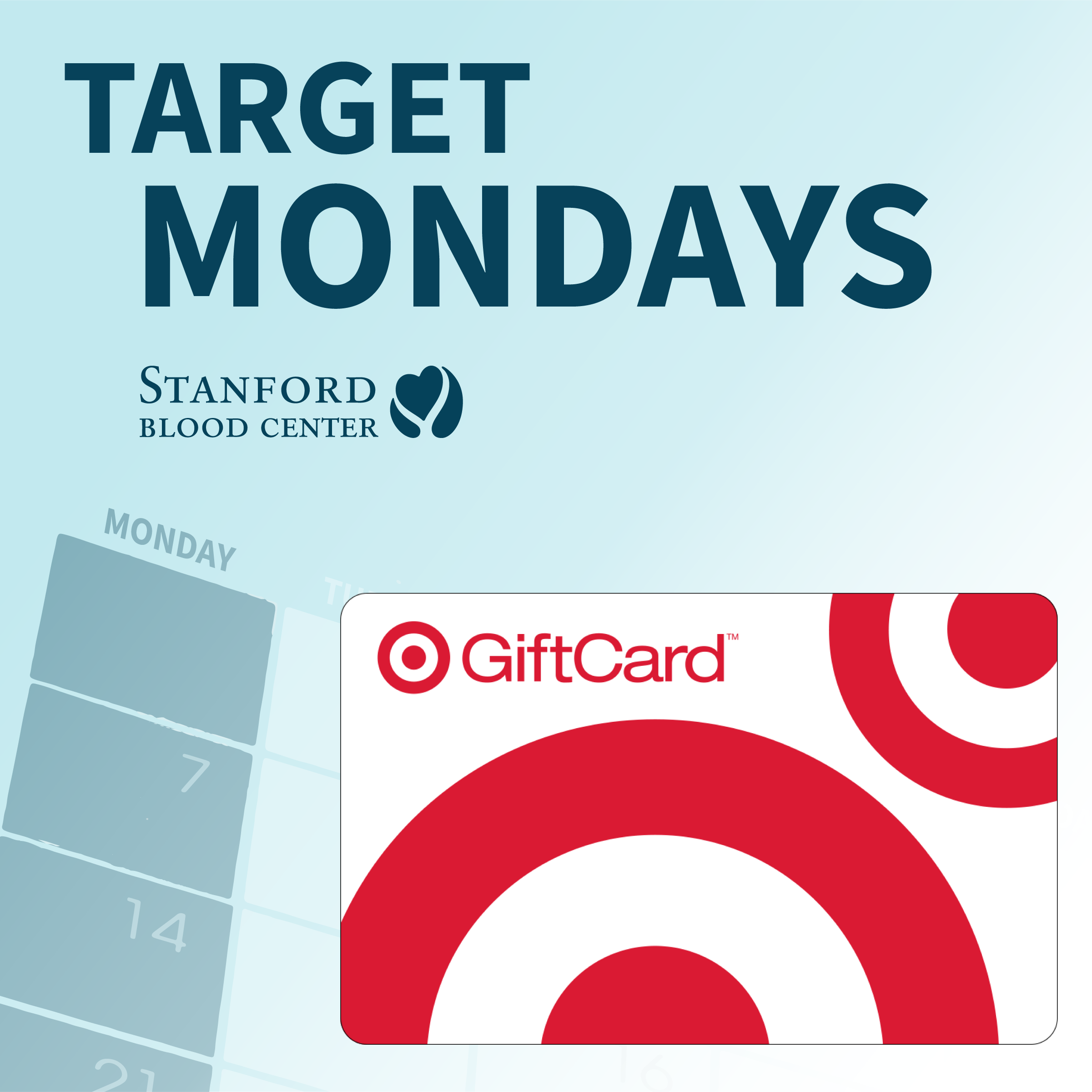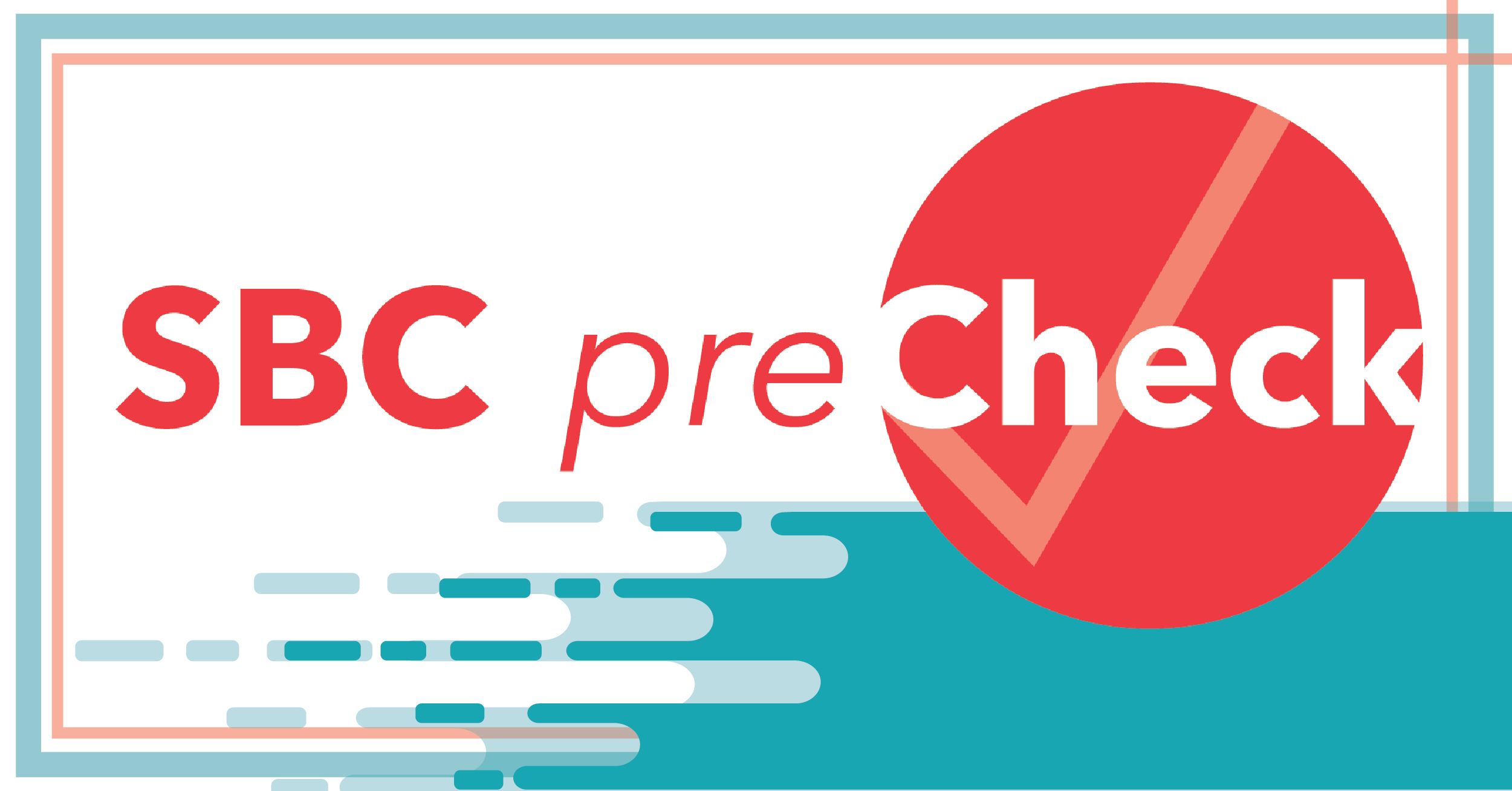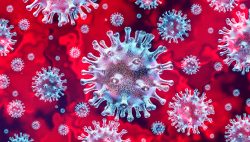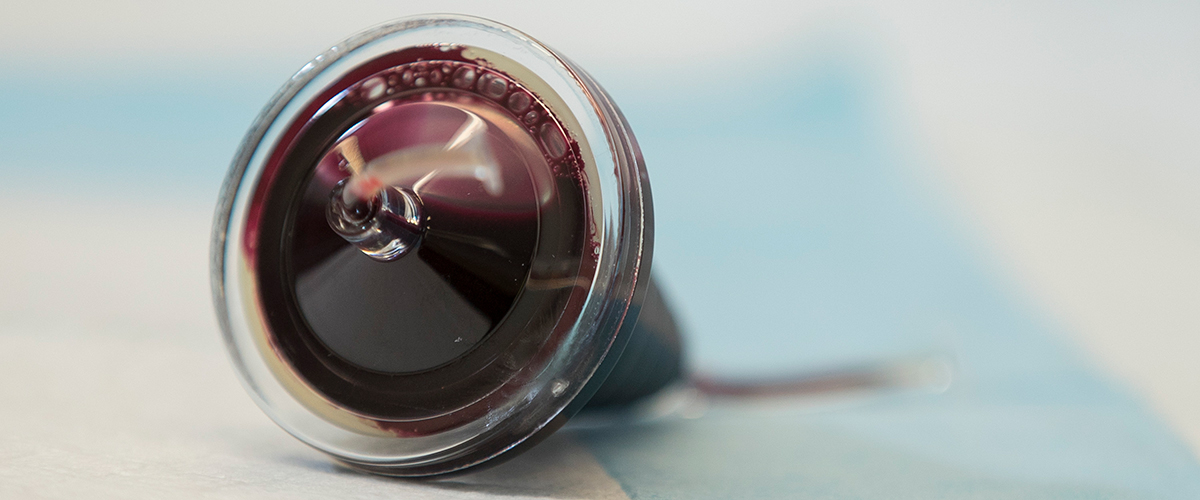If you’ve received the Pfizer, Moderna or Johnson & Johnson vaccine for COVID-19, you are still eligible to donate blood!
Additionally, please note that, even as the CDC eases guidelines on masking for fully-vaccinated individuals, SBC still requires ALL donors to be masked throughout the donation process, including while waiting outside of a mobile/bus blood drive.
Learn more at stanfordbloodcenter.org/covid-19.
Did you know…?
About every two seconds, someone in the U.S. needs blood.
That means, this many people have needed blood since you arrived here:
Why Donate with Stanford Blood Center?
SBC is a community blood center that connects local donors to local patients through blood donation. We are a leader in the fields of transfusion and transplantation medicine, supplying essential blood products, testing and transplant matching services to several Bay Area hospitals.
With our state-of-the art labs and world-class leadership, we are advancing research through support and innovation, while providing fellowship and residency opportunities to train the medical leaders of tomorrow.
At Stanford Blood Center, we love our donors! Through mobile blood drives, education and partnerships, we connect our community, celebrating our dedicated blood donors and encouraging first-time donors to become real-life heroes.
SBC IN THE NEWS
HEMOBLOGIN: THE SBC BLOG
Blood Donation: How it Works
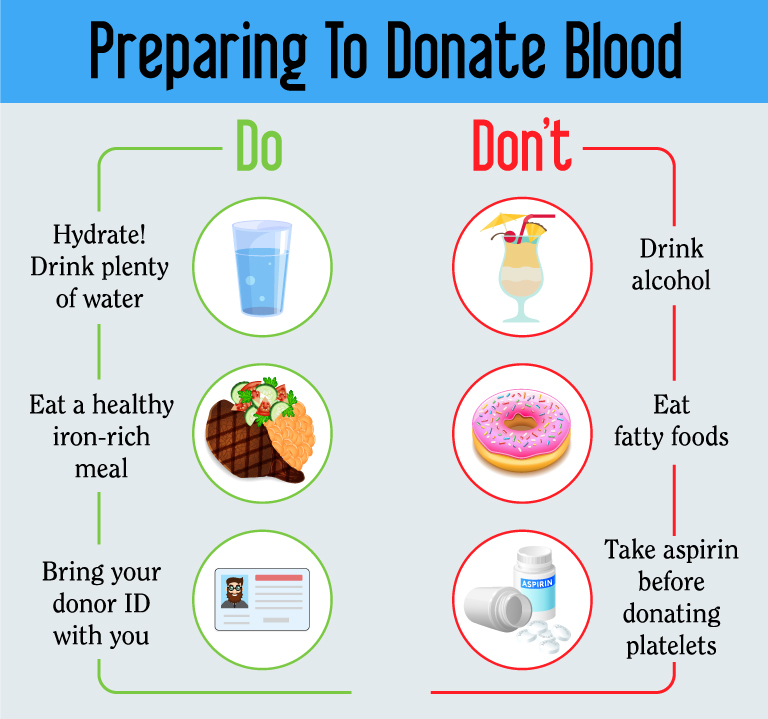
Before your appointment:
- Always be sure to drink plenty of water before donating blood!
- Eat an iron-rich meal. Eating enough iron is essential to ensuring that your hemoglobin level is right for donating. You can check out some tips on getting enough iron here.
- Bring your donor ID. If you have a donor ID, be sure to bring it with you to your appointment. First-time donors or returning donors without a donor ID card should bring a valid state-issued photo identification.
Avoid alcohol and fatty foods for 24 hours, and aspirin (if donating platelets) for 48 hours, before your donation.
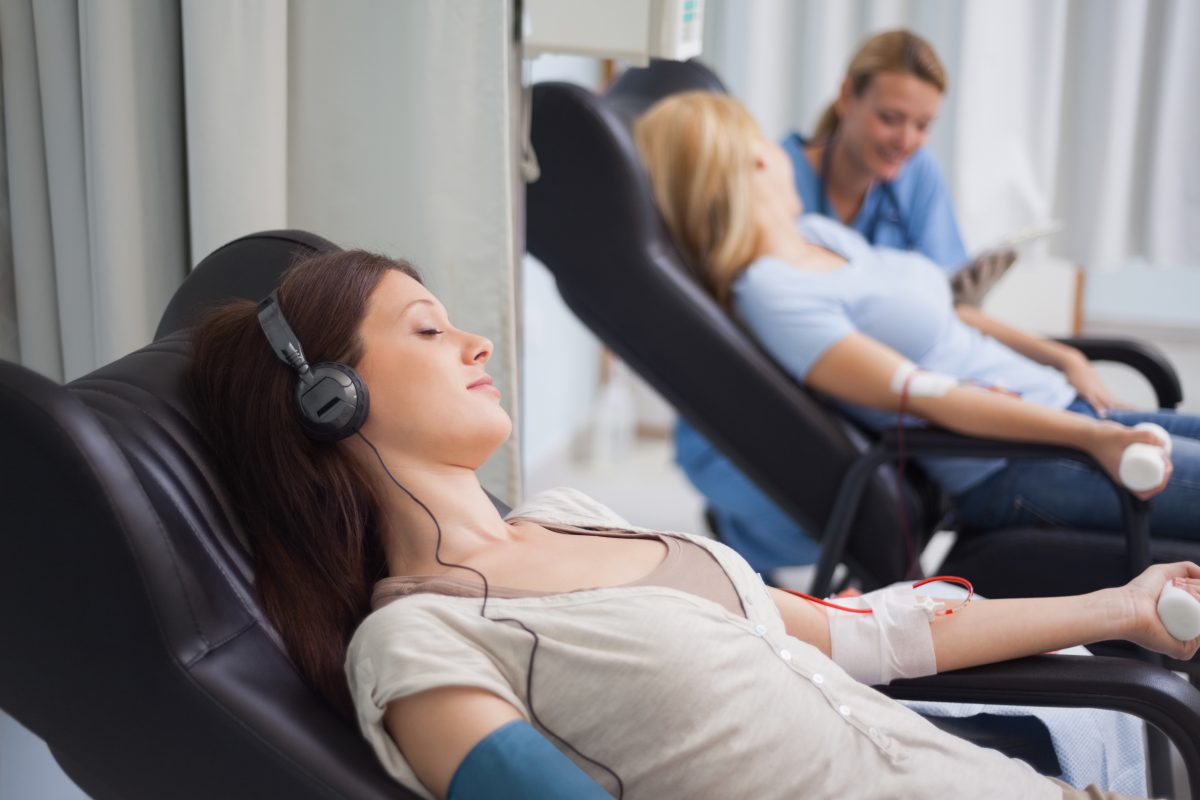
The Donation Process
Congratulations, you made an appointment to donate blood and save lives! So what happens now? There are four basic steps to every blood donation:
- Registration
- Medical History
- Donation
- Rest & Refreshments
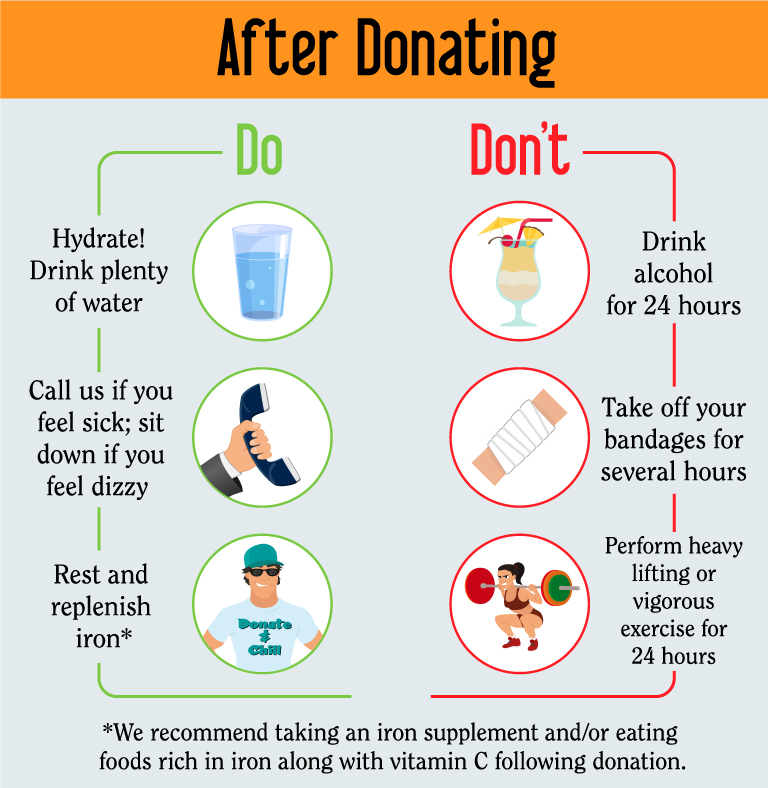
After your blood donation:
- Always be sure to drink plenty of water to rehydrate.
- Sit down or lie down if you feel lightheaded or dizzy. Call our post-donation callback line at (650) 725-9968 if you feel unwell.
- Rest and replenish iron. We recommend you take an iron supplement and/or eat foods rich in iron combined with a source of vitamin C after your donation.
Avoid alcoholic beverages and vigorous exercise for at least 24 hours after donating, and be sure to keep that bandage on for a few hours!
Please call our post-donation callback line at (650) 725-9968 immediately if you:
- feel that your blood should not be given to a patient;
- are not sure that your blood is safe;
- develop a fever within 24 hours after donating;
- have any illness within two weeks of your donation; or
- are diagnosed by a physician as having West Nile, dengue, chikungunya, Zika, or Ebola virus Infection.







